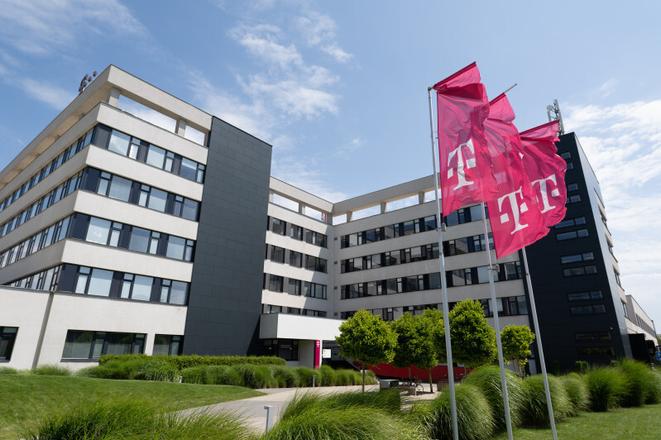Deutsche Telekom IT Solutions Slovakia, the country’s largest information technology employer, has confirmed plans to lay off around 150 staff, citing operational changes and a drop in client demand, according to The Slovak Spectator’s sister publication Korzár.
The company, a subsidiary of Germany’s Deutsche Telekom and based in the eastern city of Košice, employs over 4,000 people. While the layoffs represent less than 4 percent of its workforce, the move qualifies as mass redundancy under Slovak labour law.
“This is in line with our usual annual staff turnover,” said company spokesperson Pavol Mirossay. “But due to legal definitions, we are following procedures for collective redundancy.”
The firm is part of T-Systems International, a major player in IT services across Europe. The Košice branch is one of the company’s five key production hubs, delivering services ranging from cloud computing to cybersecurity.
The layoffs are part of a strategic overhaul. “We are going through a transformation to improve efficiency and adjust to the evolving global IT landscape,” Mirossay added.
Rising costs and labour shortages
The decision highlights broader concerns facing Slovakia’s IT sector, particularly in regions like Košice that once thrived on shared service centres set up by multinational corporations. Local experts warn that Slovakia is losing its competitiveness due to high labour costs and a shortage of specialised workers.
“Labour costs here are significantly higher than in neighbouring countries like Poland or Romania,” said Miriama Hučková, head of Košice IT Valley, a local industry cluster. “At the same time, we are struggling to retain young tech talent.”
The number of available IT jobs in Slovakia has reportedly halved compared to 2023, while demand for advanced skills continues to grow – driven in part by automation and AI.
Despite the challenges, the company was named Slovakia’s “Employer of the Year in IT and Telecommunications” in January 2025, and has received accolades for corporate responsibility.
The company’s new CEO, Ľubor Žatko, who took over in January, is leading the transformation efforts. He previously held senior roles within Deutsche Telekom.
While further cuts have not been announced, Mirossay said the company remains “focused on responding flexibly to market changes to maintain long-term stability.”


 Deutsche Telekom is based in Košice, eastern Slovakia. (source: deutschetelekomitsolutions.sk)
Deutsche Telekom is based in Košice, eastern Slovakia. (source: deutschetelekomitsolutions.sk)